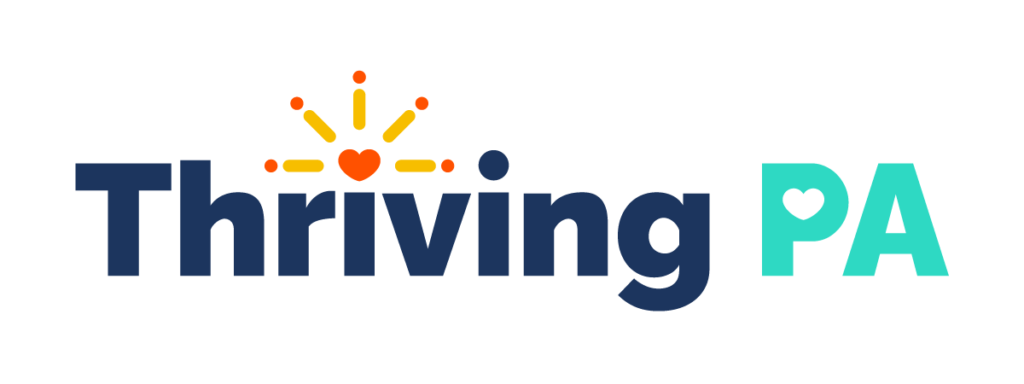Ensure that each parent and child in Pennsylvania has the opportunity for affordable, quality health care access.
Everyone, especially children and individuals during pregnancy and into the postpartum period, should have health insurance and access to quality health care that is necessary for healthy birth outcomes, improved physical and mental health of a new mother, and for a child’s healthy development into adolescence and through adulthood.
PPC’s perinatal and child health policy agenda aims to close gaps for those left without health insurance by expanding eligibility and strengthening benefits, including physical and mental health services, and increasing access to nutritious food.
Perinatal and Child Health Policy Goals
- Increase access to prenatal and postpartum services within Medicaid and CHIP for pregnant adults to ensure expecting mothers, infants and toddlers start and stay healthy.
- Build on the success of Medicaid and CHIP to ensure every Pennsylvania child is insured.
- Promote positive health outcomes for children directly from Medicaid, CHIP and the Affordable Care Act.
- Assure that children enrolled in Medicaid and CHIP have adequate benefits to meet their needs and that they are appropriately receiving well-child visits, immunizations, and screenings necessary for their healthy development, as well as access to mental health and dental health services.
- Promote efforts to identify and prevent lead exposure in children to ensure their healthy development.
- Advance policies that support children identified with developmental delays and disabilities through early intervention programs while also providing ongoing support to parents and providers.
- Increase access to healthy nutrition for women and young children to ensure healthy development.
Health Insurance Options for Pennsylvania Children
Pennsylvania families turn to Medicaid, CHIP, and Pennie™ for no-cost or low-cost health insurance options for their children.
Even families with higher incomes who don’t qualify for Medicaid or financial assistance can opt to purchase a CHIP health insurance plan through the state’s buy-in program.
Families can enroll their children in Medicaid and CHIP year-round and get the peace of mind of knowing they’re covered.
Take a look at the NEW DHS resources showing the number of children and others enrolled in Medicaid and SNAP.
|
Medicaid 1-866-550-4355 or online CHIP 1-800-986-KIDS (5437) or online Pennie™ 1-844-844-8040 or online |
Health Care Publications
Prenatal-to-Age-Three Publications
Thriving PA Campaign
Pennsylvania Partnerships for Children is a partner of the non-partisan statewide Thriving PA campaign that seeks to improve the quality of and increase equitable access to a coordinated system of health supports for mothers, infants, and toddlers, including access to comprehensive perinatal health services, children’s health insurance, nutrition supports, and early intervention.

To learn more, visit thrivingpa.org.
Be a Voice for Kids
Stay up-to-date about our public policy work in this and other areas by signing up to receive our biweekly e-newsletter, “A Voice for Kids.”
Don’t forget to follow us on Twitter and like our Facebook page!

